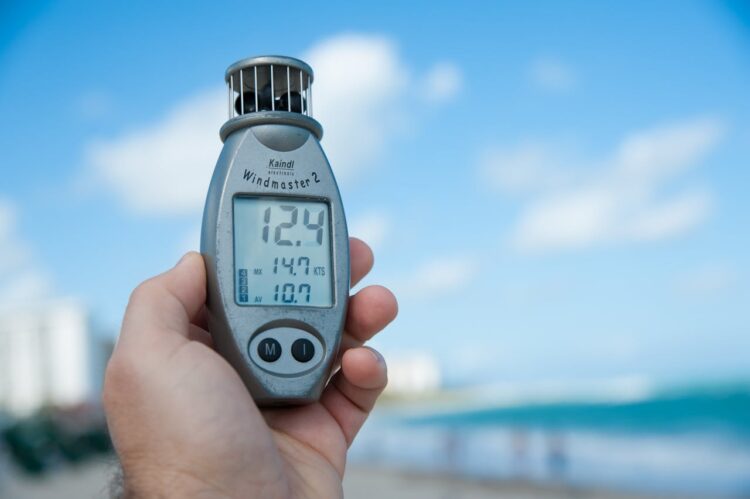
3 Benefits of Graduates Learning How Precision Measuring Tools Work
A majority of the measurement-related instruction that most people receive is in the earliest years of school. Once students learn how to use a ruler and a balance, they tend to talk very little about how these things work. Once they get to high school, some students may end up discussing the difference between customary and metric units in math class, but they seldom go into any real depth.
Graduates who spend some extra time learning more about how precision measurement tools work can apply this knowledge in many different ways. Check out these three examples, and you might want to spend a little time learning more about how measurements work yourself.
1. Gives Graduates An International Outlook
Just like language, weights and measures are different all over the world. While most people are familiar with the two primary measurement systems in use today, there are countless variations the world over. For instance, both international feet and inches and so-called survey feet are used in the construction industry. When graduates start to work in an increasingly globalized economy, they’ll need to have at least a passing familiarity with many different units. By working with precision metrology equipment in school, future graduates will enter the workforce with a greater understanding of how people around the world measure the things they use on a daily basis.
2. Better Access To Job Opportunities
Whether someone wants to work in the tech sector or just do pure academic research, they’re going to need to prove that they can work with precision measuring tools. Having this kind of training under your belt can go a long way toward landing a good job in a wide variety of industries. Machine shops and precision manufacturers are among the most common places to work for those who have experience using sophisticated commercial metrology equipment.
Recent graduates can talk about this kind of training on their resumes, which should make them more attractive to recruiters. Those who are seeking a scientific career may want to insert a page in their curriculum vitae that goes into more depth about what kinds of tools they’ve worked with in the past and what they’d be comfortable doing in the future. Even those who don’t necessarily work in an engineering-related field might find that the skills they earned from metrology training can open up new career options for them.
3. They’ll Make Fewer Mistakes
Precision and accuracy aren’t always the same thing, but they’re commonly confused by those who don’t have training working with this kind of equipment. Accuracy refers to the ability of a measurement tool to provide results consistent with an outside standard. By having a better understanding of these standards, fresh graduates can avoid making many of the rookie mistakes associated with working in a technical career. That increases the chances that they’ll keep those jobs, and it also makes the transition period between school and employment much less awkward than it might otherwise be.
If you are a soon-to-be or recent graduate, spend time learning how precision measuring tools work, as they will open up a new world of possibilities.



